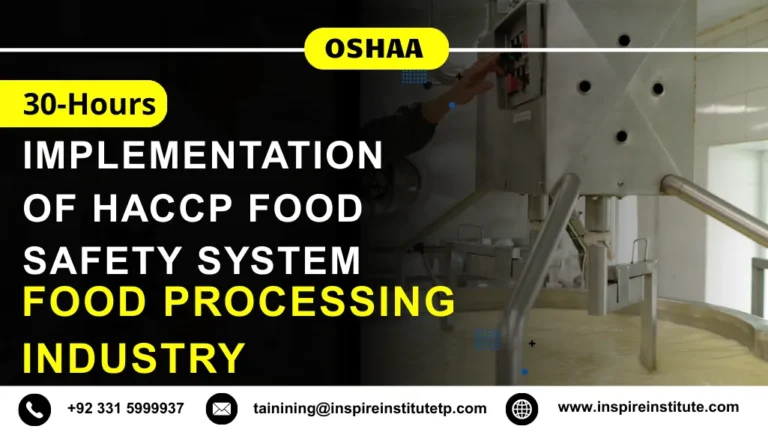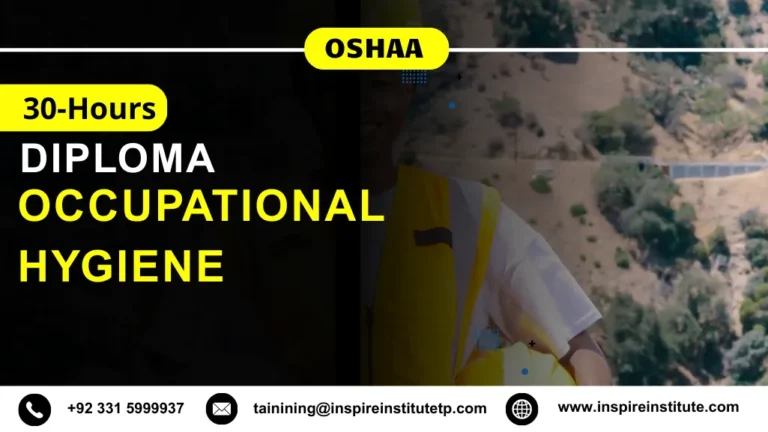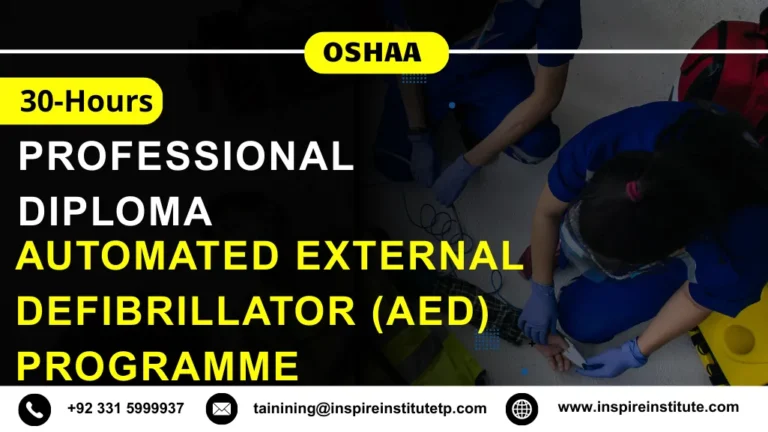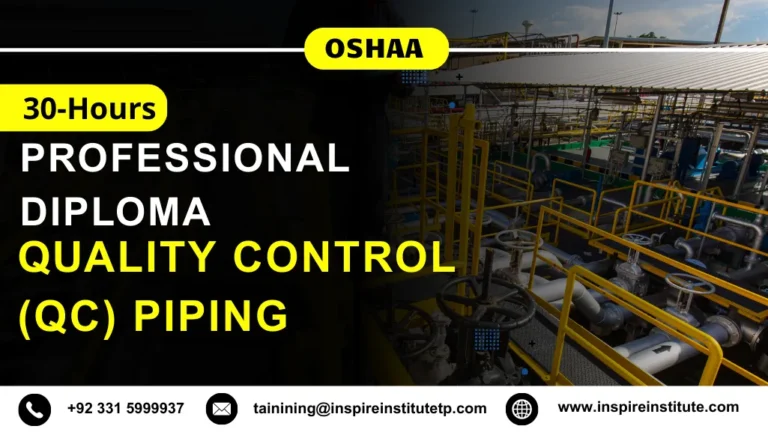OSHAA 30-Hours Professional Diploma in Surviving Extreme Heat
The OSHAA 30-Hours Professional Diploma in Surviving Extreme Heat is a specialized training program designed to equip professionals, workers, and safety leaders with the essential knowledge and practical skills to thrive in high-temperature environments. With rising global temperatures and increasing workplace exposure to extreme heat, this diploma offers a comprehensive curriculum aligned with Occupational Safety and Health Administration (OSHA) standards.
Participants will learn proven strategies for heat stress prevention, hydration management, emergency response, and risk assessment, ensuring both personal safety and organizational compliance. The course emphasizes real-world applications, making it ideal for industries such as construction, manufacturing, oil and gas, agriculture, and outdoor services where heat-related hazards are most prevalent.
By completing this 30-hour OSHA-certified diploma, learners gain a competitive edge in workplace safety, enhance their professional credentials, and contribute to building healthier, more resilient workforces. The program also highlights the latest research on climate adaptation, personal protective equipment (PPE), and advanced cooling techniques to minimize risks in extreme conditions.
Whether you are a safety officer, supervisor, or frontline worker, this diploma empowers you to survive, adapt, and excel in extreme heat environments, ensuring compliance, productivity, and well-being.
Overview
Certifying Body
OSHAA
Total Credits
30 HOURS
Evaluation
Assignments Based
Course Category
Health Care Management
Learning Mood
Online
Qualification Structure
The study units below explain what learners will study and the learning outcomes they are expected to achieve.







